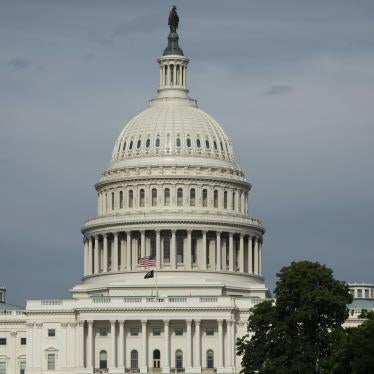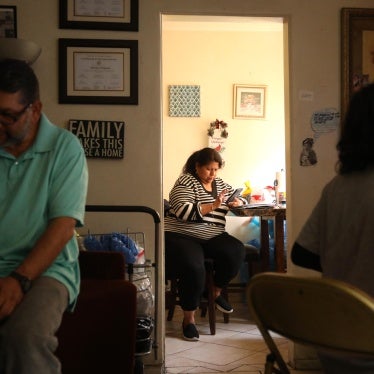On May 23, 2024, the US Supreme Court issued a 6-3 decision that allows racial discrimination in the drawing of voting maps, dismissing the voices of Black voters challenging racial gerrymandering and undermining efforts to build a multiracial democracy in the United States.
The ruling is inconsistent with international human rights treaties binding on the United States that require the US to protect the right to vote without discrimination and prohibit policies that have the effect of discriminating based on race, whatever their purported intent.
The Supreme Court reversed a lower court ruling that found South Carolina Republican state legislators discriminated against Black voters when drawing recent congressional maps. The lower court found the South Carolina map violated the right to equal protection of the law under the US Constitution.
When the South Carolina legislature redrew Congressional District 1 in 2021, it removed hundreds of thousands of residents from the district, including more than 60 percent of Black residents in Charleston County. Even the state’s appointed mapmaker admitted the new map created “tremendous racial disparity.” The result ensures that Black South Carolinians will only have a meaningful chance to elect one of seven representatives to the US Congress, despite making up over one quarter of the state’s population.
Black voters have argued the new map suppresses their voices, diminishes their political power, and is discriminatory. They asked the courts to provide a remedy for those claims of discrimination and infringement on their voting rights.
The Supreme Court majority sided with South Carolina Republican legislators who said the map was primarily designed using political voting patterns rather than race. Their decision rejected evidence the lower court used to determine that South Carolina had significantly relied on racial data during its redistricting process.
The three dissenting Supreme Court justices highlighted the ruling’s devastating implications, warning that the Court was sending a message to state legislatures that they could suppress the votes of minority communities, so long as they created a race-neutral justification for doing so. Justice Elena Kagan wrote, “In the electoral sphere especially, where ‘ugly patterns of pervasive racial discrimination’ have so long governed, we should demand better – of ourselves, of our political representatives, and most of all of this Court.”
Congress should pass the John Lewis Voting Rights Advancement Act, which would prevent states with histories of racial discrimination from implementing maps like the one that now stands in South Carolina.









